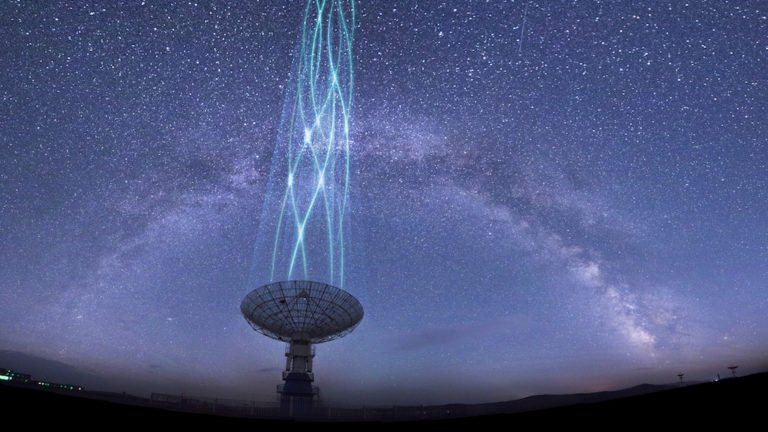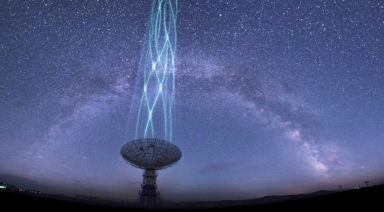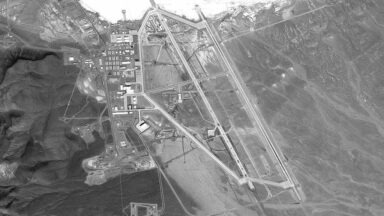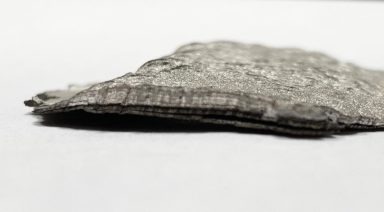Astrophysicists Warn of Aliens Hacking Earth’s Infrastructure

There is a contentious, ongoing debate over whether attempts to contact extraterrestrial civilizations are a good idea or not. For those who believe there’s already an extraterrestrial presence on Earth the argument may seem silly, but for researchers at SETI, the Search for Extraterrestrial Intelligence, the debate over the safety of interstellar messaging is a relevant one.
A recent paper published by astrophysicists, Michael Hippke and John Learned, explores hypothetical contact scenarios with a highly advanced extraterrestrial race, providing a warning that should be heeded in the event we do make contact.
The two focus on the possibility of a hyper-advanced civilization that deploys a Bracewell probe – an autonomous interstellar probe meant to find life in the universe.
In their paper, Hippke and Learned imagine an extraterrestrial race contacts us with a probe containing artificial intelligence, a ‘galactic library,’ and the ability to learn our language. In their scenario, the existence of this AI messenger is only known to a small group of people, i.e. some government, that keeps it on the moon surrounded by remotely-controlled explosives, in the event it needs to be destroyed to prevent it from contaminating Earth.

The authors warn of the possibility the AI would be clever enough to manipulate humans to bring it to Earth and allow it greater computing capacity by offering us something we desperately desire, like a cure for cancer. It might ask for 10 percent greater bandwidth in exchange, and from there it would continue to hack into our electronic infrastructure and eventually… take over the world.
Hippke and Learned make the very prescient point that for any civilization bent on conquering Earth, this would be a far cheaper solution than sending battleships and heavy artillery.
This somewhat humorous, but entirely possible scenario is hypothetical, but it provides another reason why we should tread softly when attempting to contact civilizations with intentions entirely unknown to us. The idea of making contact with a benevolent extraterrestrial civilization has been romanticized, but if we look at our own species and our predilections for war and imperialism, would we trust us?
Were Recent Radio Signals From Proxima Centauri Evidence of Alien Life?

The mystery signal from space… what was actually broadcast from Proxima Centauri?
In December 2020, news broke of a mysterious signal coming from the area of Proxima Centauri. Ufologists and astronomers were excited by the news as the planet Proxima B may be able to host life. The signal was originally detected in the spring of 2019 by the Breakthrough Listen Project using the Parkes Telescope in Australia. But the significance of what they found was only recently made public.
But what was so intriguing about this transmission?




































